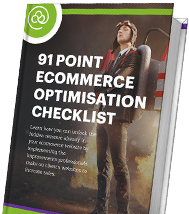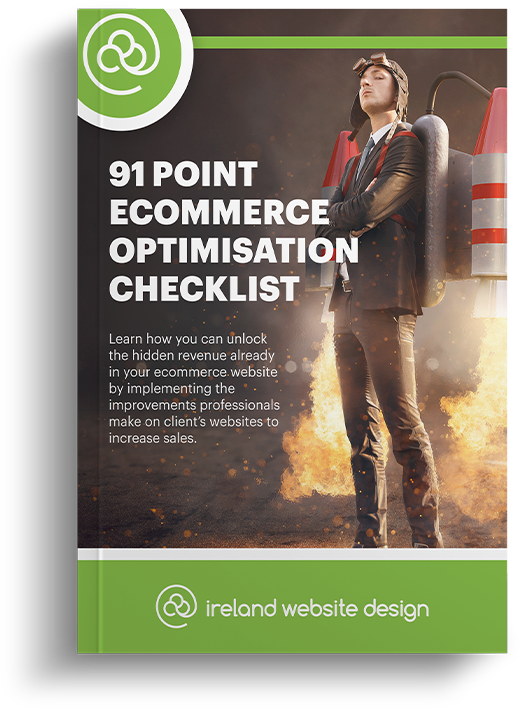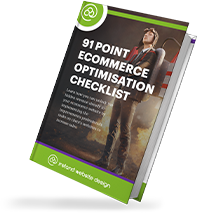Testing the speed of your website has quickly become one of the most important tasks when it comes to website maintenance. With Google now taking into consideration the speed of a website when it comes to their search engine rankings, more and more sites are now looking for ways to test their speed so they can keep up with competitors. Having a quicker website of course will reduce your overall bounce rate and will increase the number of visitors you get.
Here we will take a look at the different ways in which you can test the speed of your website, along with the certain aspects you should look out for and ways in which you can help give your site a little speed boost.
Which Tools Should I Use To Test The Speed Of My Site?
The short answer is anything that doesn’t cost you anything. There is a wide range of different website tools out there that are completely free to use, so testing the speed of your site should cost you nothing other than your site. Two very good free online tools are Yslow and Pingdom. Yslow will give your web pages a rating from A to F, while Pingdom will tell you which percentile your site falls into; in other words, it will tell you if a large or small percentage of sites are faster than yours.
The Pages You Should Test
There are several pages on your website that you will need to be running quickly at all times. Here we will look at the pages that really matter and show you how you can ensure that these pages are working as fast as they can.
Home Page
This is the most important page to test. For most visitors, it will be the very first page they come across so it has to make a good first impression. If it is taking a long time to load, then people will lose patience and leave, resulting in your bounce rate going through the roof. Ironically, because most websites have a lot of information and media on their home pages, they are typically the ones that take the longest to load.
If you find that your bounce rate is quite high, then you may need to simplify things a little. Try and have a little less media such as images on your home page. Try and make everything easily accessible from a menu bar at the top of the screen so then you don’t need to direct your audience around all the time. This should help speed up your home page, thus making it more likely to encourage your visitors to take a look around.
Media Rich Pages
If you have pages on your website that have a lot of media such as images and videos, then these could be the source of your speed problems. Of course, you may not have the option of getting rid of some of your media in order to make your website run faster, but luckily there are other things that you can do. If you have images, try and reduce their size so then they don’t take up so much memory. If you have videos on the page, try and make them smaller as well with the option for visitors to watch it in full-screen mode. If you can make things a little smaller, then your site should be able to pick up a little speed.
Landing Pages
Landing pages are almost as important when it comes to the home page in terms of speed. You will of course be using landing pages for your social media and other online promotional campaigns, which means that people will be arriving on this page rather than your home page. If your landing page is slow, you will find your bounce rate going through the roof again. Fortunately, having a quick landing page is not really that much of a problem. Most landing pages contain written content and perhaps the smallest amount of media. Keeping them loading quickly should not be too much of an issue. If it is, then try cutting down the amount of written content you have and see if you can do without the media on the page, if you have any.
Be Careful With Third-Party Scripts
If you have started social media accounts for your website, then you may have decided to include buttons and widgets for those accounts on your website. While coding these into your site is a great way of reaching out and communicating with your visitors, it can also result in your website slowing down substantially. Make sure you take a look at the third-party scripts that you implement so then you know which ones could potentially cause speed problems. If they are, then you are better off getting rid of them and simply including the details of your social media accounts in a header or footer in your written content.




